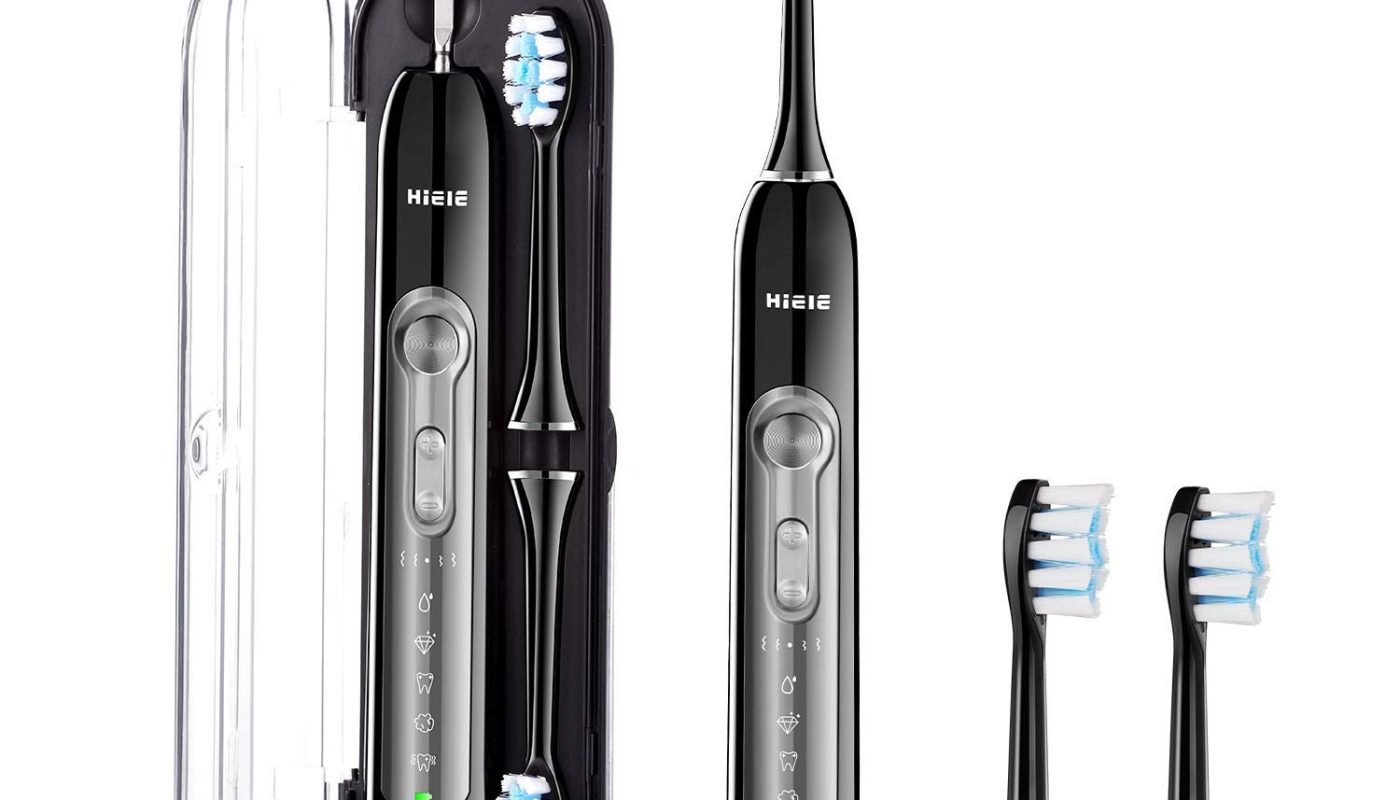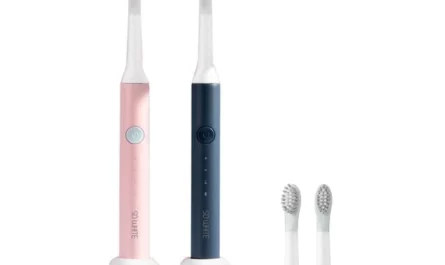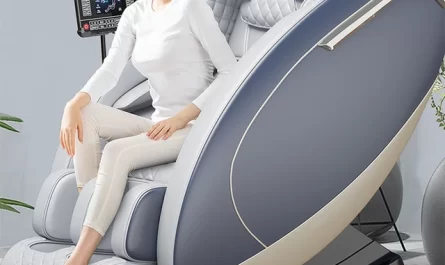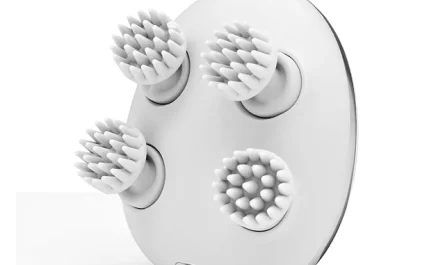Signs It’s Time to Replace Your Electric Toothbrush
Knowing when to replace your electric toothbrush is key to maintaining optimal oral hygiene. Here are the top signs:
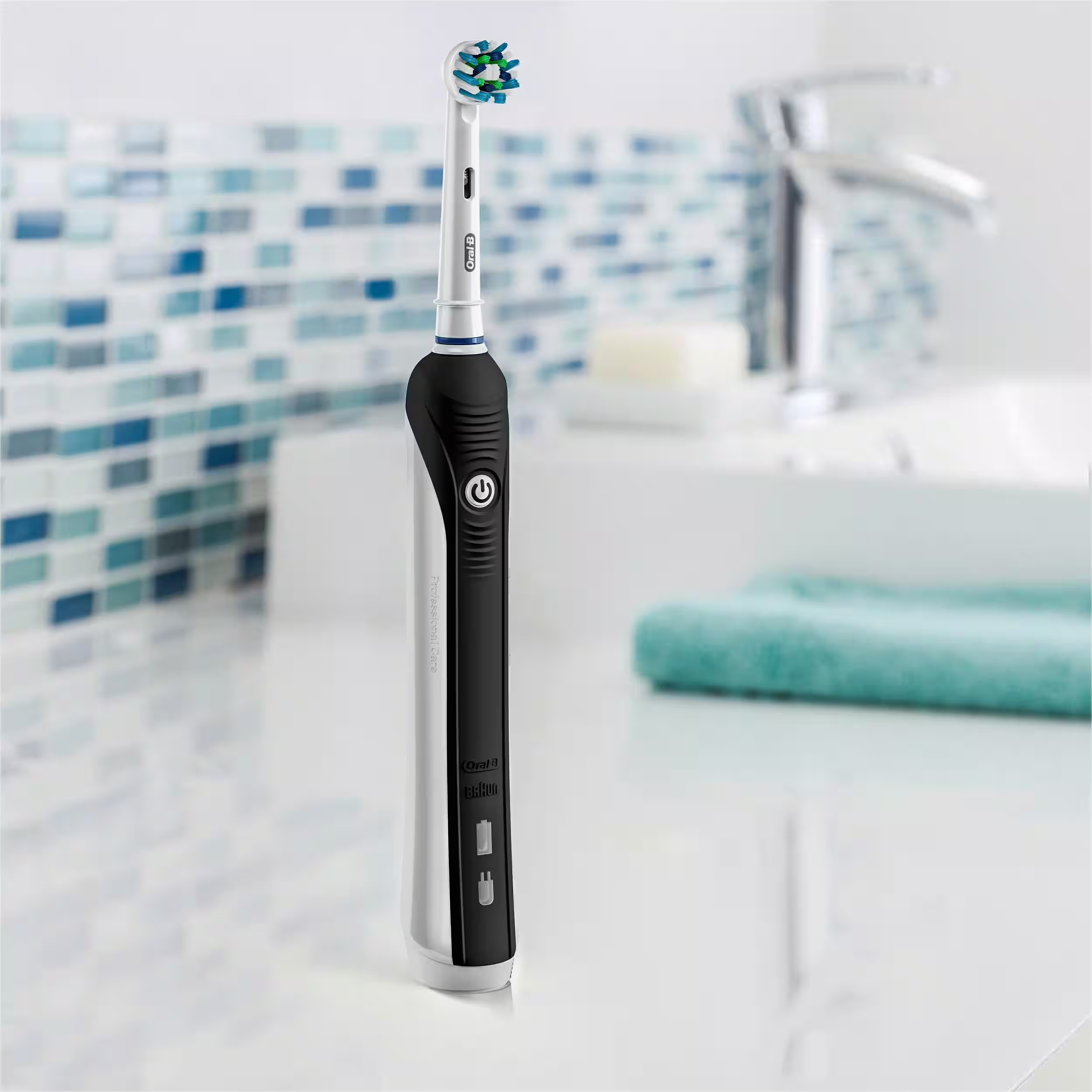
Decreased Battery Life
If your toothbrush battery dies quickly, it’s a sign it needs replacing.
Worn Out Bristles
Frayed or flattened bristles mean less effective cleaning, signaling replacement time.
Reduced Brushing Effectiveness
Notice your teeth feeling less clean? It might be time for a new toothbrush.
Motor Malfunctions
If the motor weakens or stops, it’s definitely time to invest in a new toothbrush.
Factors Affecting Electric Toothbrush Lifespan
Frequency of Use
The more you use your electric toothbrush, the quicker it may wear out. Typically, using it multiple times daily accelerates wear compared to those who brush less frequently. Consistent high usage may necessitate more frequent replacements.
Maintenance and Care
Proper maintenance is crucial for extending the lifespan of your electric toothbrush. Regular cleaning of the brush head and handle ensures removal of bacteria and grime that can affect performance. Furthermore, handling your toothbrush gently avoids damage to delicate components.
Storage Conditions
Where you store your electric toothbrush can also impact its longevity. Moist environments like bathrooms can promote bacterial growth and potentially harm the brush’s mechanism. Storing it in a dry, ventilated area helps prevent these issues and enhances longevity.
Improving the Longevity of Your Electric Toothbrush
To keep your electric toothbrush in top shape, follow these handy tips.
Proper Charging Techniques
Don’t overcharge; unplug when full to save battery life. Charge as per manufacturer’s instructions for best results.
Regular Cleaning and Maintenance
Rinse after use and let air-dry. Clean brush heads and handle weekly to avoid grime buildup.
When to Change Brush Heads
Switch out every 3-4 months or when bristles look worn. A fresh brush head keeps your cleaning effective.
Avoiding Overuse
Don’t press hard when brushing; it wears out bristles and can harm your teeth and gums.
The Importance of Regular Toothbrush Replacement
Replacing your toothbrush regularly is crucial for good oral health. Over time, toothbrush bristles can become frayed and harbor bacteria, which can lead to oral health issues if not addressed. By ensuring that your toothbrush is always in good condition, you help maintain the health of your teeth and gums. Regular replacement can also help prevent infections and improve the overall effectiveness of your oral hygiene routine.
Maintaining Oral Health
To keep your oral health in top condition, it’s essential to replace your toothbrush at appropriate intervals. Worn bristles can’t clean your teeth effectively, leading to plaque build-up and potential dental issues. A fresh toothbrush ensures a thorough clean every time, safeguarding your teeth against decay and keeping your gums healthy. In short, regular toothbrush replacement is a small step that can make a big difference in your oral health.
Recommendations by Dental Professionals
Dental professionals widely agree that toothbrushes should be replaced every 3-4 months. If you notice signs of wear such as splayed or frayed bristles, replace it sooner. For electric toothbrush users, this advice applies to the toothbrush head. Following these recommendations helps ensure that your toothbrush is effective at removing plaque and maintaining oral hygiene. Listen to the advice of dental experts – keeping your toothbrush fresh is a simple yet significant way to enhance your dental care routine.
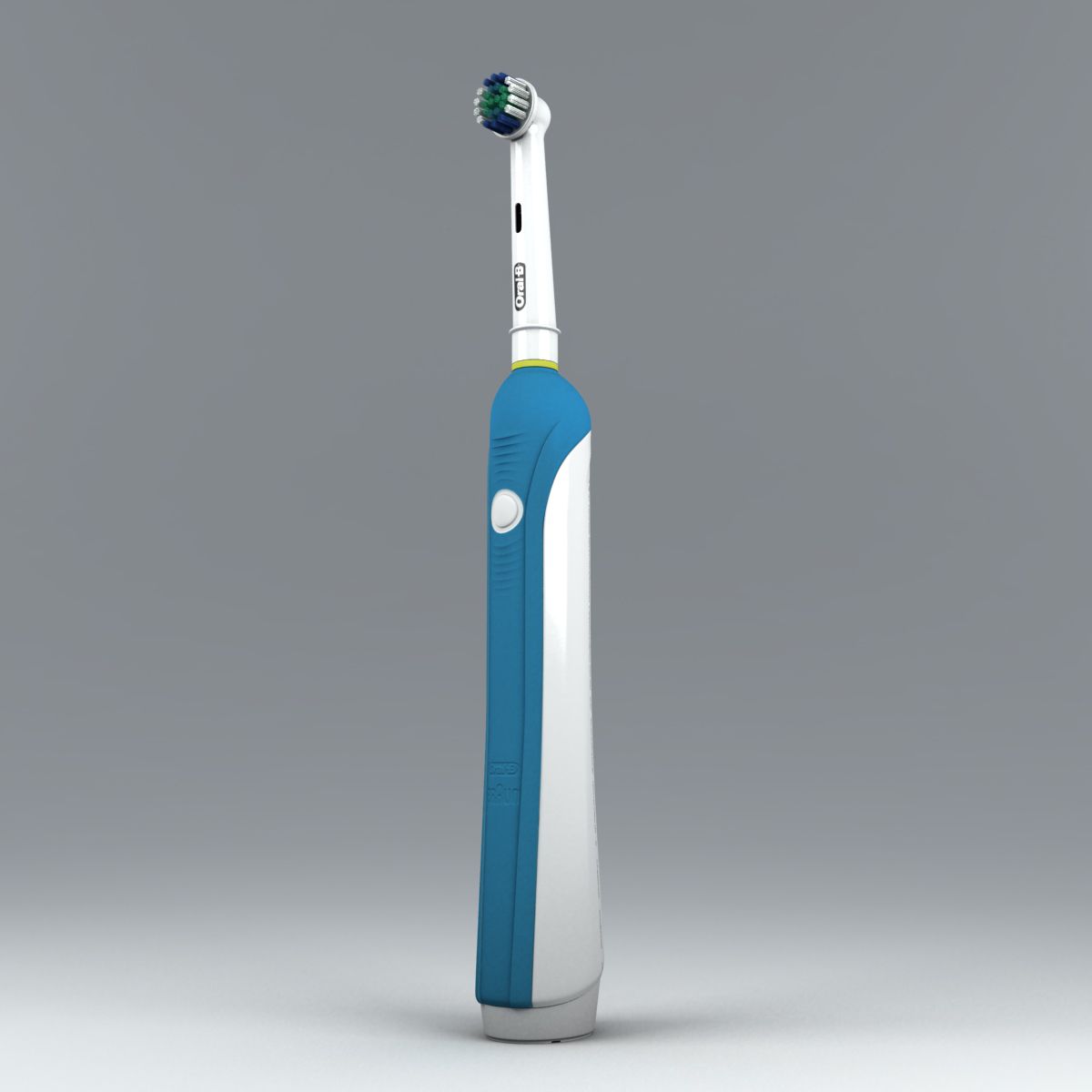 Electric vs. Manual Toothbrushes: Lifespan Comparison
Electric vs. Manual Toothbrushes: Lifespan Comparison
When considering toothbrush options, understanding the lifespan differences between electric and manual brushes is important.
Benefits of Electric Toothbrushes
Electric toothbrushes come with several advantages. Thanks to their advanced technology, they often provide a more thorough clean. They may also reach hard-to-clean areas better than manual versions. Many come with built-in timers ensuring that users brush for the full two minutes as recommended by dental professionals.
Cost-Effectiveness Over Time
While electric toothbrushes have a higher upfront cost, they could be more cost-effective in the long run. Due to their durability, they generally need replacing less often than manual toothbrushes. They also help maintain oral health, which might reduce dental costs over time.
Smart Practices for Electric Toothbrush Care
Proper care can extend your electric toothbrush’s life. Follow these guidelines for the best results.
Selecting the Correct Type
Choose an electric toothbrush that fits your own dental needs. Some may require softer bristles or specialized cleaning modes. Consider brush types, like oscillating-rotating or sonic, for your mouth’s unique shape and sensitivities.
Considering Battery Life
Battery life is key in your toothbrush’s performance. Don’t leave your toothbrush plugged in after it charges. This can hurt the battery over time. Good toothbrushes should last two to three weeks per charge. Charge regularly to keep the battery healthy but avoid overcharging.
Utilizing Available Features Wisely
Use your electric toothbrush’s features to your advantage. Timers help you brush the full two minutes dentists recommend. Pressure sensors tell you if you’re brushing too hard. These features help the toothbrush last longer and provide a better clean. Try not to use intense modes all the time, as they may wear down the toothbrush faster.
Choosing the Right Electric Toothbrush
Choosing an electric toothbrush matches your needs for optimal oral health.
Assessing Your Needs
Before buying, think about your oral health requirements. If you have sensitive teeth, look for a toothbrush with gentle modes. Those with braces might need specialized brush heads. Also, consider how often you’ll use it; frequent travelers may want a toothbrush with a longer battery life.
Features Worth Investing In
Some electric toothbrushes have helpful features. Timers ensure you brush long enough, while pressure sensors prevent too-hard brushing. Diverse modes cater to needs like gum care or whitening. Choose features that match your habits and enhance your brushing experience.
Price Considerations and Quality
Higher price often means better quality, but not always. Research brands and read reviews to find the best value. Remember, spending more now on a good electric toothbrush might save money on dental care later. Quality counts when it’s about your dental health.
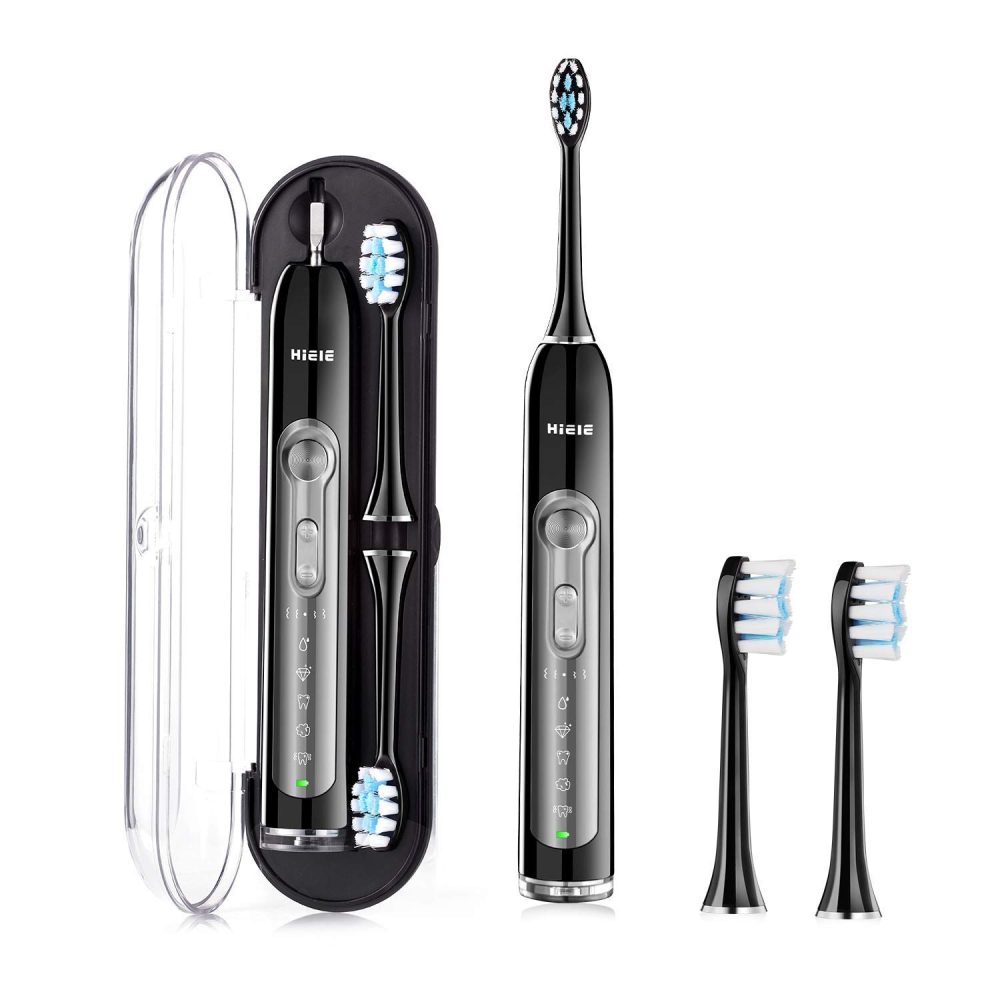 Frequently Asked Questions About Electric Toothbrush Care
Frequently Asked Questions About Electric Toothbrush Care
Navigating the care of your electric toothbrush can raise some questions. Below, we’ve tackled common queries to help maximize your toothbrush’s lifespan and performance.
Dealing with Charging Issues
Encounter charging problems with your electric toothbrush? Here are quick solutions:
- Not Holding Charge: If the battery depletes fast, try resetting your toothbrush or contact the manufacturer for advice.
- Proper Charging Practices: Avoid overcharging by unplugging once full. Follow the manual for specific instructions.
- Replacing the Battery: If the toothbrush is aging and the battery isn’t performing, consider getting a replacement if possible.
Responses to Common Usage Concerns
Here’s how to address everyday use concerns for your electric toothbrush:
- Excessive Bristle Wear: Replace brush heads every 3-4 months to ensure effective cleaning.
- Toothbrush Stopped Working: Check warranty options and consider getting a professional opinion or a new device.
- Best Usage Techniques: Use gentle pressure and the recommended settings to avoid excessive wear on your toothbrush.
Adopt these practices to maintain your electric toothbrush and enjoy a lasting, effective oral hygiene tool.
Conclusion: How Long Should Electric Toothbrush Last?
How long should electric toothbrush last? In summary, an electric toothbrush typically has a lifespan of three to five years, depending on several factors such as build quality, maintenance routines, frequency of use, and the type of battery. With proper care, diligent cleaning, and timely replacements for brush heads, users can prolong the effective life of their toothbrush. However, keen observation for performance decline and bristle wear is critical in determining when to replace your device. Ultimately, understanding how long should an electric toothbrush last will empower you to make informed decisions for optimal oral health.

